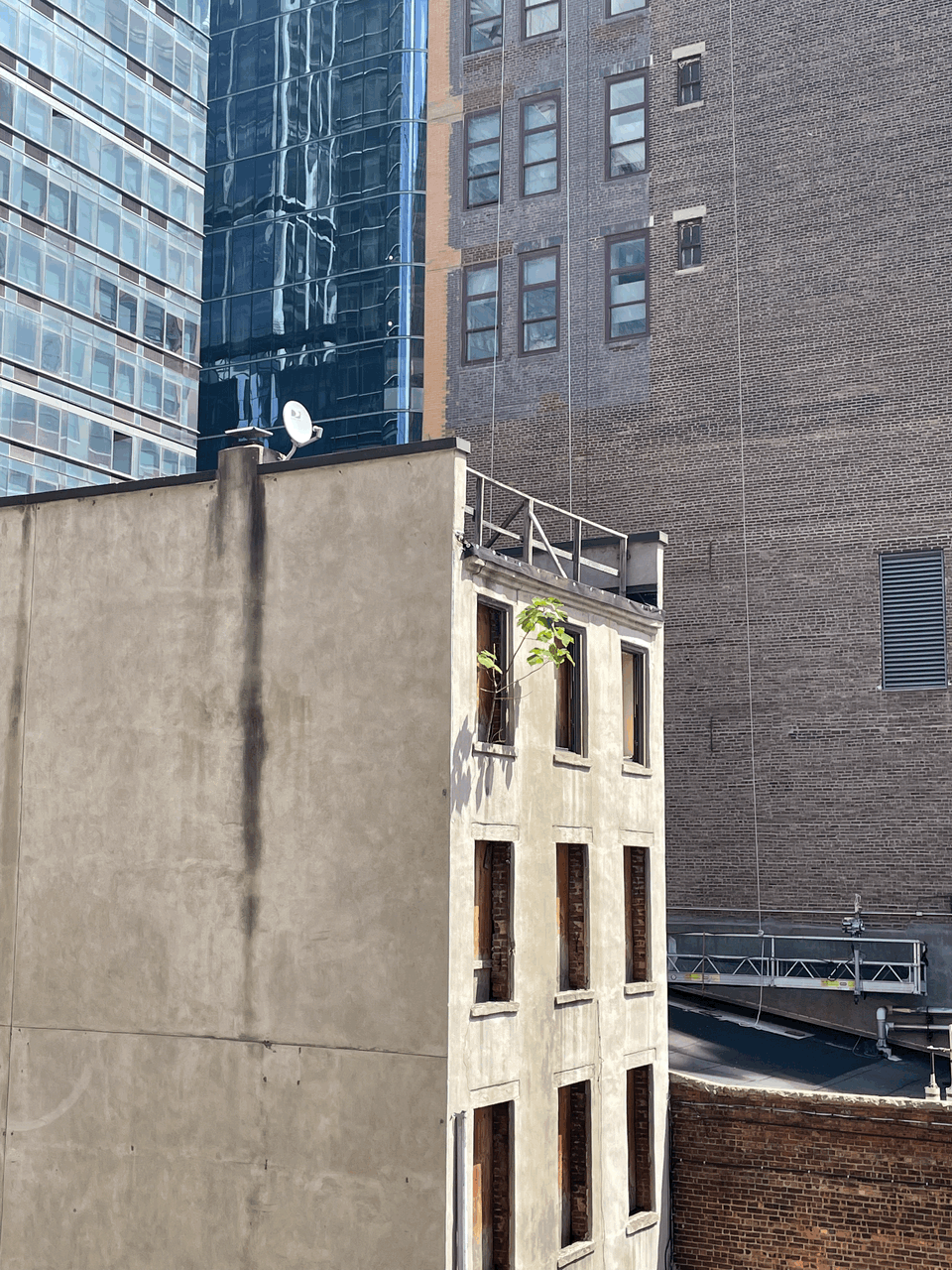Evidence of Man

The house resembled what was once a home. The living room ached beneath layers of papers, envelopes, records, and cords. A couch paired with two side tables, a coffee table, and a blue recliner were all buried. Only to become visible hours later. Albert lived there almost his whole life, and there was no shortage of proof. Phonebooks, paystubs, calendars, photographs, grocery lists, self-help books, and love letters; nothing had ever been thrown out. We started with the front room, this cleared paths to the kitchen and to the upstairs and was mostly obviously trash – boxes of paper scraps, bags filled with other bags, and a lot of stuff that can only be categorized as “stuff.” After a little while, it became clear how Albert’s life adapted to accommodate his later years – a folding table in the dining room and copious amounts of takeout containers in the kitchen.
There was also less obvious trash like printers and other electronic devices, former trophies, buried furniture, and specially displayed dishes, but it was still trash. The high ticket items like the sewing desk, TV, and grandma cart still in its packaging were left on the curb and taken not long after. Metal scrappers came as soon as the dumpsters on the street started to fill. My dad, his two brothers, and my two brothers and I went to Philly a few weeks ago to clean out my great-uncle's house. He had moved into the veteran’s retirement home after a stroke and it was time to sell his house. We found much more than we bargained for. After we cleared the bulk of the downstairs, my brothers hauling out all the big furniture, I headed up to Albert's childhood bedroom. My Dad's youngest brother was certain he'd find a rare comic book in the mess, maybe it was his motivation, even if he didn't believe it. I had been throwing out large stacks of papers before I learned about this, or rather was yelled at for not being thorough enough. So I hesitantly sat on the twin bed in the corner of the bedroom and went through every piece of paper. It became pretty clear pretty quickly that Albert loved his printer. I could read every email he sent and every trip he planned because of this. Buried between handwritten to-do lists and receipts, I found a whitepages.com search from 2002 with "Wahlen, Rob Chicago, IL" in the search bar, and my parent's address then circled in blue.
My brothers joined me in that room after about an hour. I was exhausted and had hardly made a dent. Apparently, I am the only one out of the three of us who can read cursive, so I dramatically read them the correspondence between Albert's friend, Bernard, and his lawyer regarding the ongoing legal battle between him and his wife's retirement home. Bernard's wife was staying at a Jewish retirement home, though she was Catholic, and was positive that someone had stolen her Rosary as well as flowers sent from her priest. Bernard had already sunk $15,000 into the lawsuit and was not ready to give up. These letters were from the seventies, and it may have been the toxic fumes we were inhaling, but this really old, senile gossip empowered me to keep going. The next couple of hours flew by as my brothers and I read old letters. And while a lot of them were sad, and most likely catfishing a vulnerable elderly man, others had some drama to them. We found a printed-out email chain where Albert requested, what we presumed to be a “spy,” at the airport, where he went to meet his then-fiance for the first time. We’re pretty certain she was using him to get a green card. We also found adoption papers for different woman’s daughter. When asked, Albert simply told us she was “living with her real dad now.” Each piece of paper went in a large black trash bag after we read it, and soon enough the room was mostly empty. Loose change was rounded up and placed in a reusable grocery bag. Clothes many sizes smaller than Albert's were stacked high in my Uncle’s rental car. Shoes with tags still on them were placed on the lawn. The toolkit had caught the eye of one of the neighbors, once it was removed from the house.
Special China, hand painted, was saved in singular displays for the bags that would end up in Albert’s room at the retirement home. Along with the $88.76 worth of coins. Picture albums that went as far back as the wedding photos of Albert’s parents and the 300 or so comic books were nested into some of the older hard-sided suitcases. Those went home with my uncles. My initial takeaway from this was to take away printers from the elderly. But really I got to see the evidence of a man I didn’t know well. I saw every job he worked, from delivery driver to paperman, Walmart associate to school janitor. And I saw every person he loved, real or imaginary. I took a record player and a few of the stamps from his collection back to New York with me. There’s something about saving stuff from the trash that makes you wonder if you’re part of the problem. Will my grandkids deal with these stamps in fifty years? If they do, I hope they also find this essay, printed out.